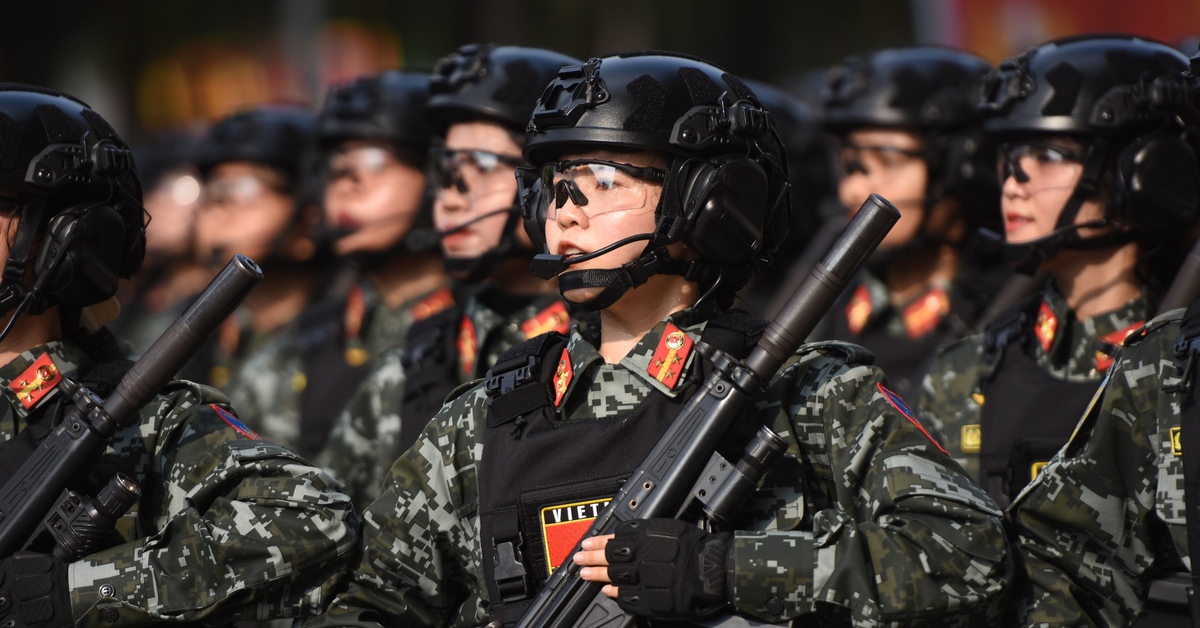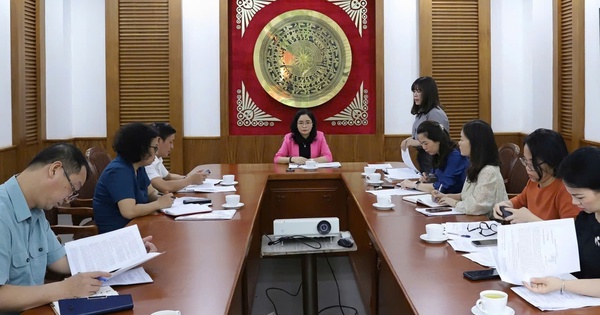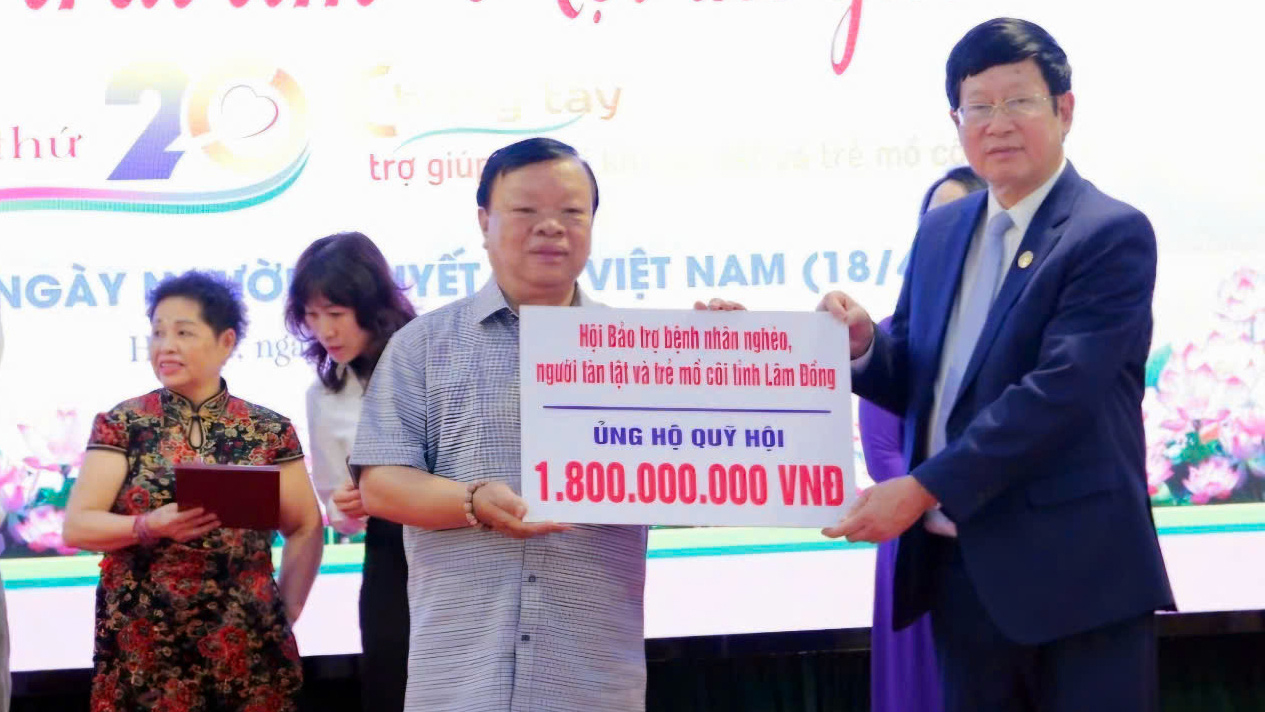First, let me discuss the origin of the two Sino-Vietnamese words "nguy" and "co".
Nguy (危) is a character that first appeared in the Warring States period, with an ancient shape resembling a person standing on a cliff, the original meaning is "high, towering" ( National language. Jin language ), later expanded to many meanings, such as: "strong, tense, tight, unjust, biased" or "microscopic, delicate, damaging, worrying, fearful"...
Here, nguy means "dangerous, unsafe" ( Zuo Zhuan. Zhao Gong's 18th year ).
Ji (机) is also a character that first appeared in the Warring States period, its original meaning is the name of the alder tree ( Shan Hai Jing, Bei Shan Jing ). Later, Ji became a polysemous word, for example: "desk, small table, machine, equipment, bird and animal trap, key, important point" or "reason, motive, omen, sign, plan, stratagem, idea" or "secret, spirit, talent, intuition, intelligence, ingenuity"...
Here, "co" means "opportunity, chance" ( Du Tran Ba chi thu ).
As for danger (危机), also written as 危几, it is a word that means "evil" or "lurking danger". In the Letter to Ji Mao Qi by Lu An during the Wei Dynasty, Three Kingdoms, there is a sentence: "I am always afraid of potential dangers and crises" ( Thuong kinh phong ba tin hai, nghiep mat phat ).
Danger also means "a moment of real difficulty" or "an economic crisis" ( European Socialism by Cu Thu Bach)...
Some people think that the way of writing "in danger there is opportunity", "turning danger into opportunity" is wrong, because it is impossible to separate risk to understand danger as "danger, crisis" and opportunity as "opportunity".
I would like to say that the phrases "in danger there is opportunity", "turn danger into opportunity", even "convert danger into opportunity", "transform danger into opportunity"... are all correct phrases, not wrong at all, because danger and opportunity are two words that are completely independent in meaning. These are phrases of Chinese origin.
Since the second half of the 20th century, the idiom "danger in danger has opportunity " (危中有机), meaning "in danger there is opportunity" has appeared quite a lot in Chinese books and newspapers, specifically in the book "The Philosophy of Life in the I Ching" by Feng Hu Xiang, published by the Tianxia Tushu Company in 1973 or in the book "New Principles of the Republic of China" by Li Zhongdao, published by Yan Qingling in 1974 (p.103). "Danger in danger has opportunity" is also the title of a book by Long Guoqiang, published by the China Publishing House in 2011.
The idiom " turning danger into opportunity" (转危为机) appears in the book "New Opportunity for the Republic of China" (ibid., p.103), and even became the title of a book by Lam Van Khue, China Industrial and Commercial Joint Stock Publishing House (2009).
Sometimes two idioms appear in a sentence, such as "Nguy trung huu co, hoa nguy vi co" (危中有机, 化危为机) by Truong Que Huy published in the publication La co (No. 5, June 9, 2020). This sentence is often understood as "in danger there is opportunity, turning danger into opportunity".
In an article by journalist Vu Tong Nghia published in Dai Minh Daily on December 5, 2024 ( Chinese version ), there is a sentence: "There are opportunities in danger. Don't be timid. Turn danger into opportunity and disaster into blessing".
Source: https://thanhnien.vn/lat-leo-chu-nghia-trong-nguy-co-co-va-bien-nguy-thanh-co-185250411223524018.htm





















































































Comment (0)